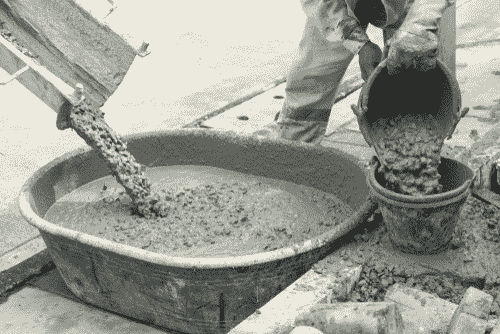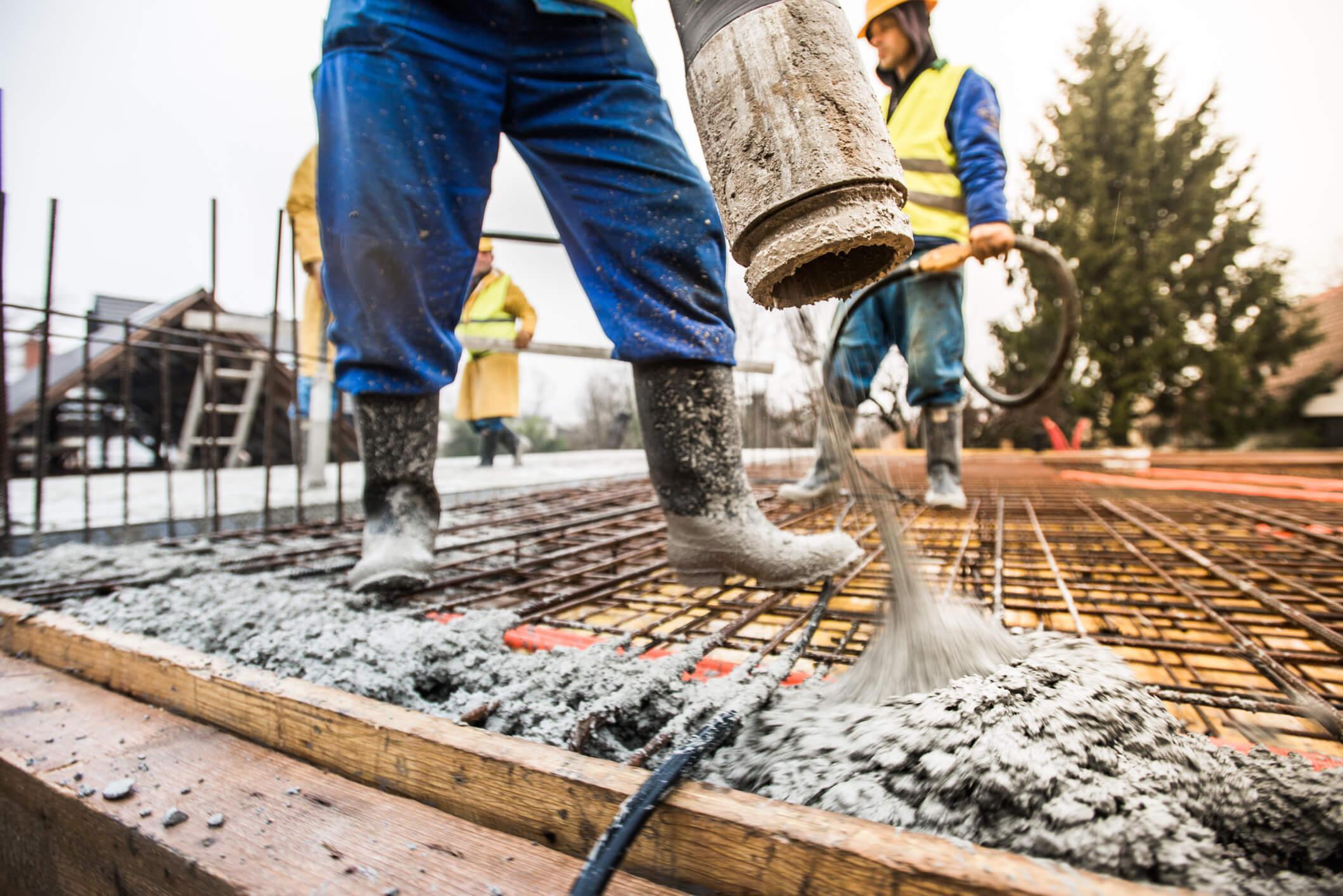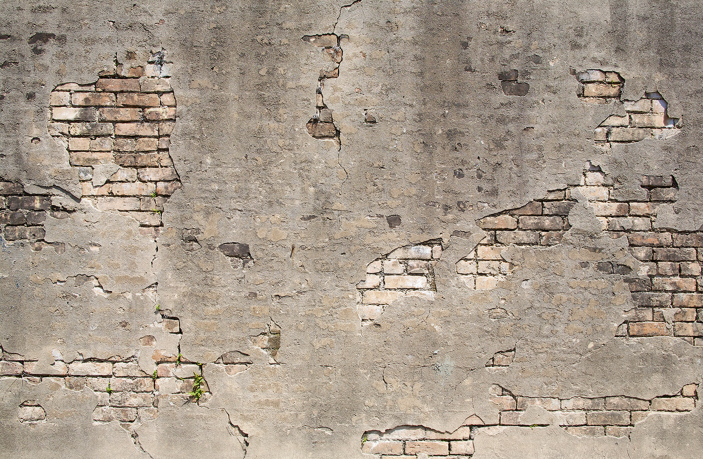Revealing the Eco-Friendly Advantages of Making Use Of Recycled Concrete in Lasting Building Practices
In the realm of lasting construction techniques, the utilization of recycled concrete stands as a critical yet usually underestimated source. Past its traditional applications, recycled concrete deals a myriad of environmentally friendly advantages that prolong much beyond the confines of standard construction products. From decreasing environmental impact to boosting cost-efficiency, the effects of integrating recycled concrete in lasting building methods are significant. This functional material not just addresses pushing environmental concerns however also presents a sensible service to the difficulties dealt with by the building industry at large.
Ecological Benefits
By integrating recycled concrete right into building and construction methods, there is a significant decrease in the requirement for new raw products, leading to conservation of natural resources. Furthermore, the usage of recycled concrete diminishes the amount of waste being sent to garbage dumps, thereby lowering ecological contamination and reducing the stress on landfill abilities (Concrete).

In contrast, recycled concrete has a lower carbon footprint as it lowers the demand for brand-new concrete manufacturing. In general, the ecological advantages of utilizing recycled concrete are substantial and play a crucial role in promoting environment-friendly construction approaches.
Cost-Efficiency
Accomplishing cost-efficiency is an extremely important factor to consider when assessing the utilization of recycled concrete in construction jobs. One of the crucial advantages of making use of recycled concrete is its cost-effectiveness contrasted to conventional concrete.
Additionally, making use of recycled concrete can lead to financial savings in garbage dump prices by drawing away concrete waste from disposal sites. This not just minimizes the ecological influence but likewise gets rid of the costs connected with waste elimination. In addition, the resilience and efficiency of recycled concrete are comparable to standard concrete, guaranteeing that price financial savings do not endanger the high quality of the building and construction.
Resilience and Toughness
Recycled concrete deals equivalent, if not premium, toughness and strength properties to traditional concrete - Concrete. With developments in processing techniques and quality control, recycled concrete can meet or go beyond the efficiency criteria of traditional concrete.

Waste Decrease
Efficient waste decrease methods play an important role in the lasting application of resources within the construction industry. Waste decrease is a crucial benefit that contributes substantially to environmental conservation when it comes to using recycled concrete. Standard building techniques commonly create my site significant quantities of waste, particularly in the form of concrete debris from demolition sites. By including recycled concrete into construction jobs, this waste is repurposed and drawn away from garbage dumps, reducing the total environmental effect of building and construction activities.
Additionally, the use of recycled concrete can lead to cost savings for building and construction tasks, as it is often more affordable than sourcing and delivering new products - Concrete. In conclusion, waste reduction with the use of recycled concrete is an important part of sustainable construction practices that profits both the building and the setting industry as a whole.
Energy Conservation
Energy preservation is a vital element of sustainable building practices, intending to decrease the total energy usage related to building procedures and products manufacturing. When it pertains to making use of you can find out more recycled concrete in construction, significant power financial savings are achieved contrasted to traditional concrete production. The process of generating recycled concrete includes reusing and crushing existing concrete products, which eats less energy than mining, processing, and transferring resources for brand-new concrete production. Furthermore, using recycled concrete can help decrease the demand for virgin accumulation, further minimizing the energy-intensive removal and processing of all-natural sources.
Verdict
Finally, the use of recycled concrete in sustainable building and construction practices offers various environmental advantages, cost-efficiency, toughness, strength, waste reduction, and power preservation. By integrating recycled concrete right into construction tasks, we can add to a much more sustainable and eco friendly future. It is necessary for the building and construction industry to focus on the use of recycled navigate to this website products to help reduce the ecological impact of building and construction tasks.
One of the crucial advantages of making use of recycled concrete is its cost-effectiveness contrasted to standard concrete.Additionally, the usage of recycled concrete can lead to savings in landfill costs by drawing away concrete waste from disposal websites. The resilience and performance of recycled concrete are similar to standard concrete, ensuring that cost savings do not compromise the high quality of the building and construction.
